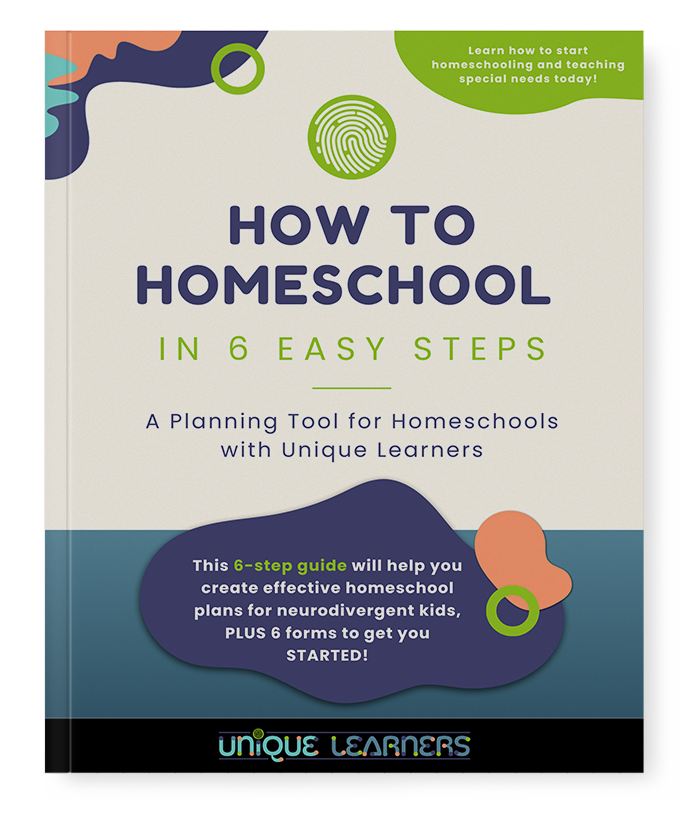The brain takes in information in four ways: visual, auditory, tactile, and kinesthetic. Auditory processing impacts many areas of learning, especially language development. Auditory skills also impact phonemic awareness, reading, writing, spelling, following directions, learning time concepts, sensing the passage of time, and more!
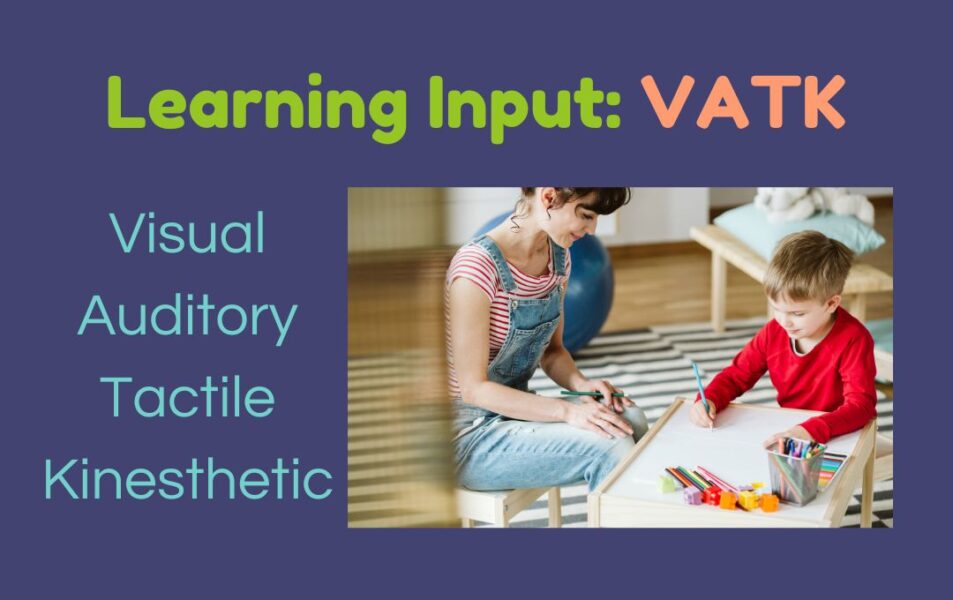
If you have a child who has difficulty understanding speech and other auditory information, they may have a language-based learning disorder, like dyslexia or autism. Some students may have an auditory processing disorder (APD) that impacts school issues in very subtle ways.
Central Auditory Processing Disorder (CAPD or APD) is a listening disorder that affects how the brain processes sound. Although someone with APD may have normal hearing, they may still have difficulty understanding the things they hear. Auditory processing happens in the temporal lobe, mainly in the left hemisphere where language develops. The temporal lobe works in conjunction with the prefrontal cortex for attention and working memory, the limbic system for emotional regulation, the occipital lobe for visual processing, and the parietal lobe for movement. All areas of the brain are interconnected, so when one area is weak, the other areas are impacted.
APD can be difficult to diagnose because the symptoms may be similar to other hearing disorders. A child who has had multiple ear infections may be at risk for APD. Common signs of APD include difficulty understanding speech in a noisy environment, difficulty understanding rapid speech, and difficulty understanding directions. Other signs may include difficulties with reading, spelling, and writing.
While there is no cure for APD, there are several strategies that can help. Speech-language pathologists can work with children with APD to develop listening strategies and strengthen auditory processing skills. Auditory training exercises such as listening to stories and playing sound-based games can help improve auditory processing. Other therapies such as sound therapy, vision therapy, and cognitive behavioral therapy can also be beneficial.
It is important to understand that APD is a lifelong condition and children with APD will need to develop strategies to cope with the disorder. With the right support and intervention, children with APD can lead successful and fulfilling lives. If you suspect that your child might have AP
Interventions for auditory processing disorder (APD) should be tailored to the individual’s needs and should focus on developing skills in the areas impacted by their disorder. Interventions may include:
Speech and Language Therapy
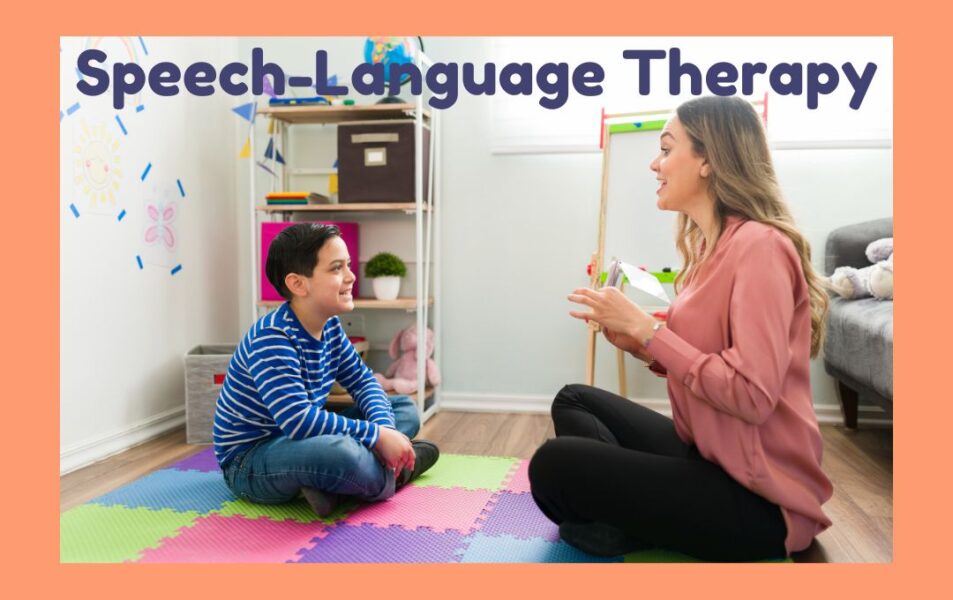
Speech and language therapy can help to improve the individual’s ability to understand and use language. This may include working on speech and language skills such as articulation, comprehension, and expression.
Listening and Auditory Training in Academic Therapy
Auditory training helps to improve the individual’s ability to understand and process sounds in the environment.
Even a lay general education teach can include listening training in a classroom environment. This may include activities such as listening to and identifying different sounds, playing sound-based games, and learning about sound patterns. General education listening training can enhance a student’s current listening skills by starting with one direction and gradually increasing the number of directions to be followed in an academic task. I have found that the auditory training interventions that make a neurological difference for kids with dyslexia or autism are technology-based because they are able to get many more prompts and responses than any individual teacher can provide in a direct instruction session.
Technology-based Auditory Taining Programs
Technology-based auditory training programs are designed to help people learn to better recognize and interpret auditory information. These programs involve a variety of activities and exercises to help people improve their listening skills, speech recognition, and sound discrimination. Auditory training programs can be used to help people with hearing impairments, language disorders, and other conditions that affect their ability to process sound.
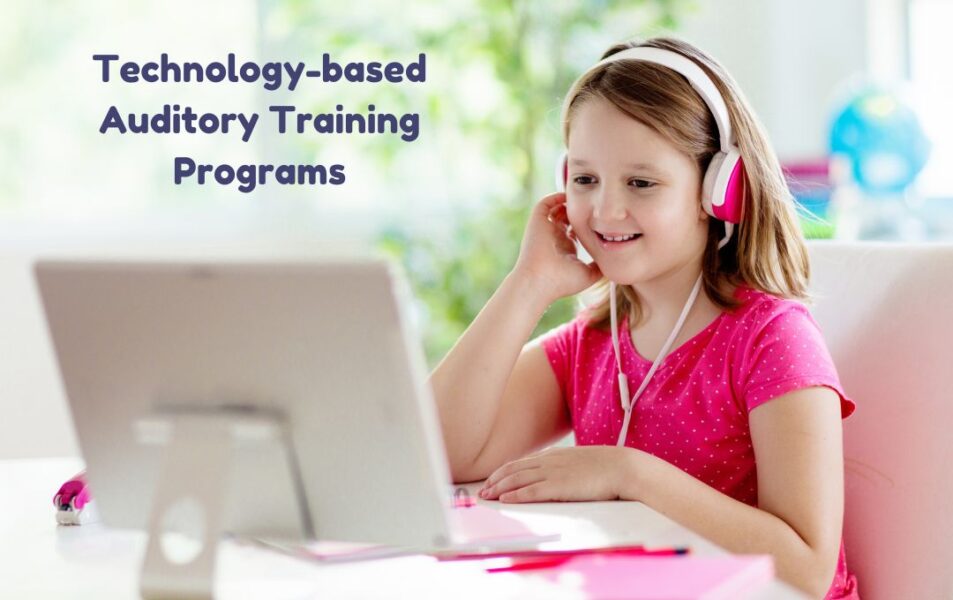
The goals of auditory training programs can vary depending on the individual’s needs. Some programs focus on improving comprehension of spoken language, while others might focus on improving sound discrimination. Some auditory training programs use computer-based activities and exercises to help people learn to recognize and interpret auditory information. Other programs may involve more traditional auditory exercises, such as having the person identify different sounds and tones.
Auditory training programs can help people of all ages and with a wide range of auditory issues. These programs can help people with hearing loss learn to better interpret sound, improve their understanding of spoken language, and even help them understand and use communication devices, such as hearing aids. Auditory training can also help those with language-based learning disabilities, autism, and other conditions that affect auditory processing.
- 1. Fast ForWord
- 2. Interactive Metronome
- 3. TLP: The Listening Program
- 5. The Buffalo Model auditory training program
- 6. Tomatis Method
- 7. Forbrain
- 9. The Safe and Sound Protocol
- 10. Lexia
Sue Hegg is a certified Fast ForWord and Interactive Metronome provider for K-12 students. She also has the ability to provide other research-based auditory processing training programs for adults. If you are homeschooling a child with dyslexia, autism, central auditory processing disorder, or other auditory processing learning issues, I encourage you to contact me at: sueh@uniquelearners-suehegg.com for assistance in finding the most appropriate training program for your learner.
Cognitive-Behavioral Therapy
Cognitive-Behavioral Therapy (CBT) can help to improve the individual’s ability to focus and learn. This may include activities such as learning strategies for managing distractions and developing problem-solving skills. Cognitive-Behavioral Therapy is often used in a psychological, counseling setting. However, CBT can be applied in an academic therapy setting where a specific protocol and training is developed for the specific learner.
Educational Accommodations
Educational accommodations can help to improve the individual’s ability to succeed in the classroom. This may include providing additional time to complete tasks, having tests and assignments read aloud, and using assistive technologies. Accommodations make adjustments for the child to be able to access the general education academic curriculum without modifying the instruction. While this may be helpful in a classroom, educational accommodations do not address the underlying cause of auditory processing issues. Our position is that addressing brain processing skills to help a student become have more efficient and effective learning and memory skills. Cognitive training and academic therapy go hand-in-hand in helping struggling learners to be more successful.
Social Skills Training
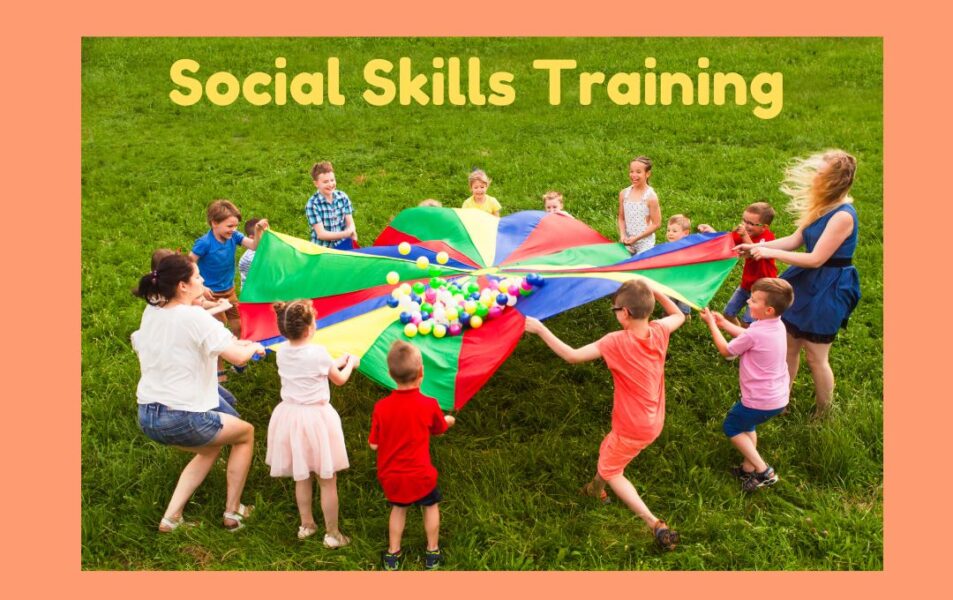
Social skills training can help to improve a student’s ability to follow and interpret conversations. Children tend to state messages that may be different than their intended ideas. Children with auditory processing issues may also miss information or misinterpret oral information with friends or in a classroom. When miscommunication occurs, kids may end up with emotional responses that don’t fit the situation. Social skills training can help children of any age to be able to initiate conversations, ask for clarification, and interact in a socially appropriate way depending on the setting.
There IS hope for kids who struggle with auditory processing!
If you are homeschooling and have a child who is struggling in any part of learning, but especially in language areas, you may want to check out whether auditory processing is impacting your child’s ability to process sounds and language. If you want encouragement, support, or direction, feel free to contact Sue at sueh@uniquelearners-suehegg.com.
